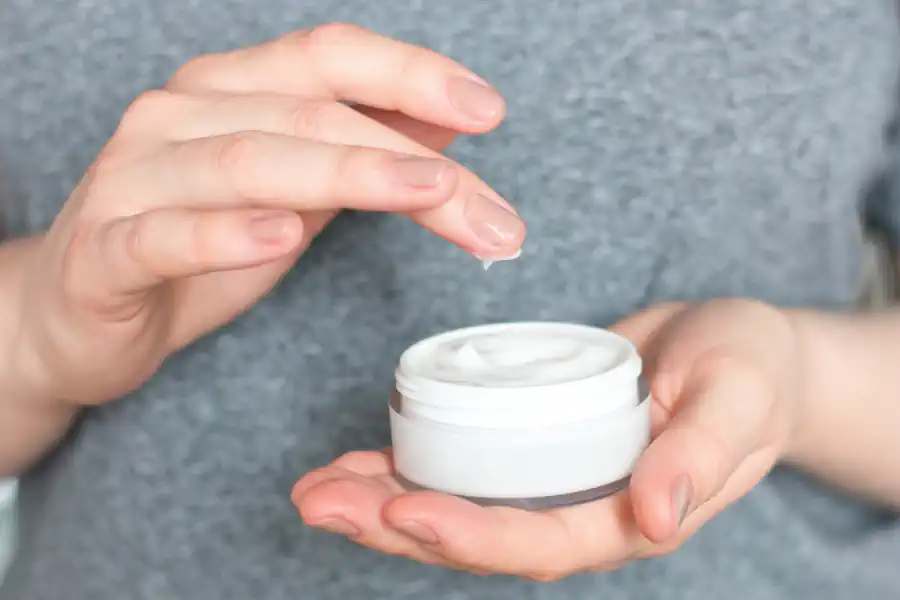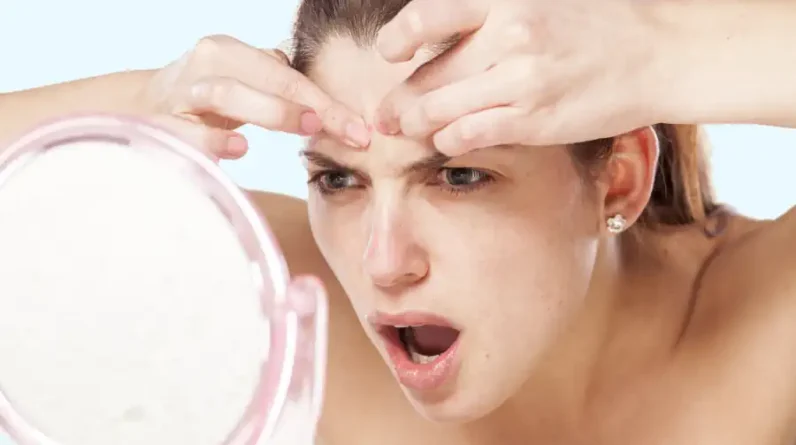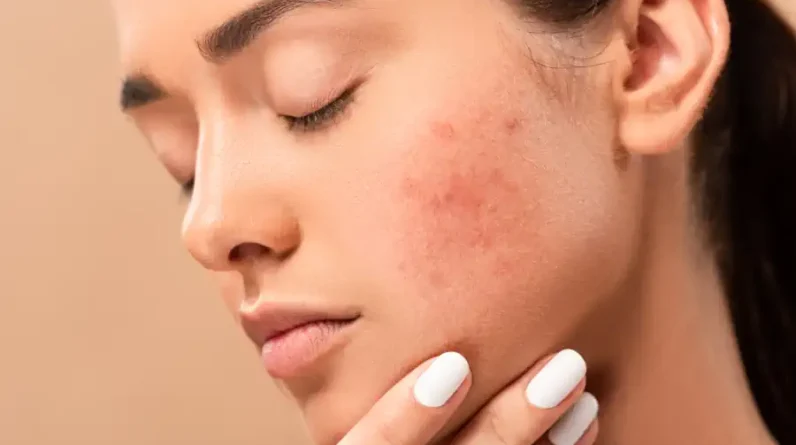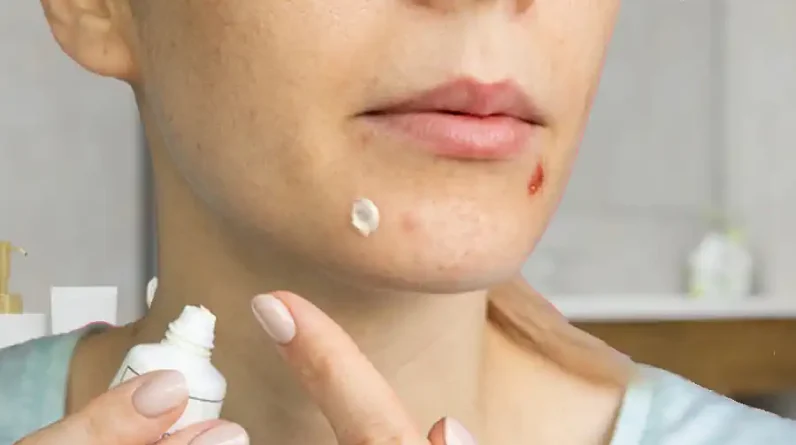The debate over whether or not to moisturize acne-prone skin is one that has been around for years.

On one side, people say that moisturizers will clog pores and make acne worse. On the other hand, people say that moisturizers are essential for keeping skin hydrated and preventing breakouts.
So, who is right?
Choosing the Right Moisturizer
The truth is, both sides are right. Oil-based moisturizers can clog pores and make acne worse. But the correct type of moisturizer can be beneficial for keeping skin hydrated and preventing breakouts.
It all depends on the sort of moisturizer you use and how you use it.
You want to use a light, oil-free moisturizer that won’t clog pores. And you want to make sure you apply it after cleansing and before applying any other products.
The moisturizer should be labeled “non-comedogenic” or “oil-free” or state that it “won’t clog pores.” This means that the product is specifically formulated not to cause acne.
Don’t Skip the Moisturizer
Now, if you have acne-prone skin, you may be tempted to skip moisturizer altogether. But this can truly make your acne worse.
Many of the home remedies, over-the-counter treatments, and prescription medications that treat acne can dry out the skin. Unfortunately, some of the worst offenders are actually some of the most common or effective treatments. These include benzoyl peroxide, salicylic acid, tretinoin, adapalene, tazarotene, and isotretinoin.
These compounds can all cause dryness, redness, and peeling as a side effect. And when the skin is dry, it becomes irritated and inflamed more easily. Inflammation can lead to more breakouts by causing the pores to trap sebum, dead skin cells, and bacteria.
Daily use of an oil-free moisturizer can help to prevent this inflammation and keep skin hydrated. This will help to reduce the number of breakouts you experience.
Applying Moisturizer
You want to apply moisturizer to damp skin immediately after cleansing. This will help to lock in your skin’s moisture and prevent it from drying out.
Additionally, it is best to apply a layer of moisturizer all over the face rather than just focusing on dry or flaky areas. And a light coat of product used more frequently is better than a thick layer of product applied less often.
If you have oily skin, you may be concerned that moisturizers will make your skin even oilier. In fact, you may be tempted to avoid moisturizer altogether.
But this can actually make your acne worse. Using an oil-free moisturizer can help to control oil production.
When the skin is dry, it forms more oil to compensate and keep the skin supple. This can lead to additional clogged pores and further breakouts.
But when the skin is adequately hydrated, it doesn’t need to produce as much oil. This can help to reduce the number of acne lesions you experience.
So, should you moisturize your acne-prone skin? The answer is yes. Just ensure you use the proper type of product and apply it correctly.
And, of course, your physician can help you determine the best course of treatment. In some cases, the doctor may prescribe a medicated moisturizer.
If you want to know more about acne myths, click here.








You know, I’ve always had not huge breakouts, but a lot of stuff is bacteria and blocked pores.. and so lotions have antibacterial components in them to keep the bacteria from growing in the lotion. I’ve used hand lotion on my face (and well, not when I was a teenager though) but something to consider ..it doesn’t dry out your skin & if you put lotion on clean skin, it’s going to give you some protection.. and depending on the reason for the acne, it COULD help..
Thank you for your input, Jane! And you are right, antibacterial lotions can help lessen the swelling, redness, and soreness of acne breakouts, and can help prevent your pores from becoming clogged in the first place.